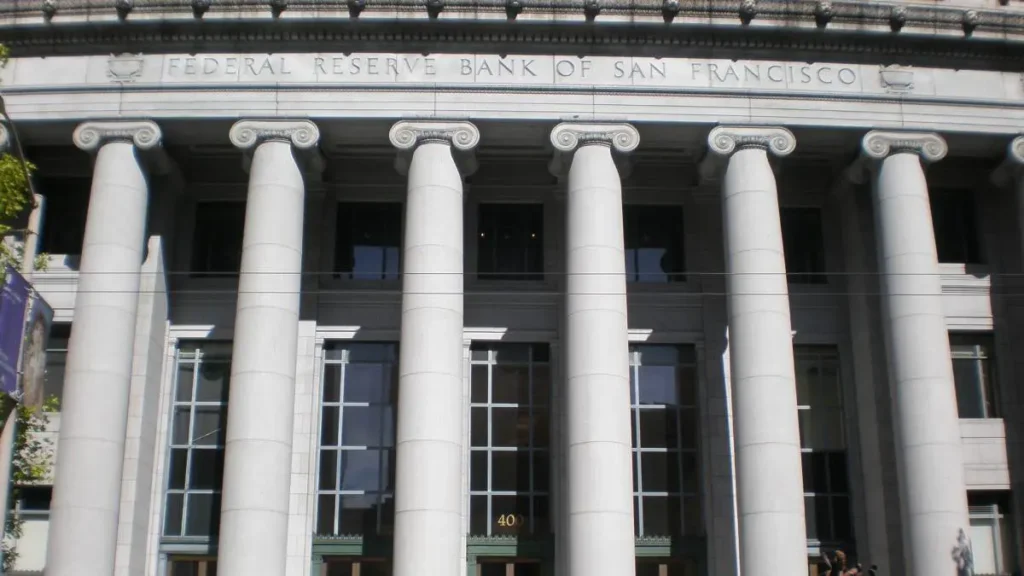As everyone looks ahead to the next year, the markets have already factored in the likelihood of at least 100 basis points of Fed rate cuts in 2024, commencing in the second quarter.
However, BlackRock Investment Institute’s global chief investment strategist, Wei Li believes these expectations may be excessive. Expressing his cautious perspective, Li remarked at a recent media roundtable, “That is really aggressive.”
Why are these bets considered “overdone” in the eyes of this expert? Let’s have a look.
Li’s View on Fed Rate Cuts in 2024
Wei Li believes that for the anticipated 100 basis points of Fed rate cuts in 2024 to materialize, something significant would need to go awry.
According to her, while the Federal Reserve might indeed implement rate cuts, it is expected to occur in the latter part of next year. That is also with a more conservative approach compared to previous economic cycles and recessions.
As of Tuesday, there’s a 68% probability, as reflected by market pricing, of experiencing at least 100 basis points of Fed rate cuts in 2024.
This marks a notable increase from just a month ago when investors had estimated a 37% chance, according to the CME.
The evolving sentiment in such a short span raises questions about the factors driving these adjustments in market expectations.
Li suggests that the Federal Reserve should exercise restraint in implementing aggressive cuts next year to prevent “further inflationary pressure.”
This perspective underscores the delicate balance the Fed may need to strike between supporting the economy and mitigating inflationary risks.
Impact of Central Bank Communications on Market Dynamics
Over the past year, Americans have consistently exceeded projections in opening their wallets, contributing to an unexpected economic expansion in 2023.
Initially anticipated to conclude in recession, the year has defied expectations.
Caution is advised, as a central bank swift to ease policy might inadvertently propel economic growth beyond sustainable levels, deviating significantly from the projected trend.
Highlighting a concern, Jean Boivin, the head of the BlackRock Investment Institute, pointed out that a significant portion of the current market dynamics revolves around statements from central bankers.
This observation raises questions about the market’s reliance on such communications and its potential impact on stability and genuine economic fundamentals.
Boivin highlights another dimension of the perceived excessiveness in rate cuts, emphasizing the uncertainty surrounding the sequencing and drivers of these expectations.
He notes that much of the anticipation is based on interpreting the nuanced statements of Fed speakers in an environment filled with uncertainties.
Boivin underscores the overarching uncertainty, suggesting that central bankers might share a similar level of uncertainty about the upcoming events next year as the general populace.
Bond Market Volatility in 2024
The Federal Reserve’s unpredictable trajectory may fuel heightened volatility, especially in the bond market.
The 10-year Treasury yield (^TNX) has experienced significant fluctuations in the fall as investors grapple with speculations about the Fed’s course of action.
BlackRock anticipates that the lingering uncertainty surrounding the post-pandemic economy will play a pivotal role in generating additional volatility in 2024.
BlackRock has chosen not to express a stance on the likelihood of the US economy entering a recession or the possibility of a soft landing.
This cautious approach reflects the complex and uncertain nature of the current economic landscape.
The firm emphasizes in its 2024 outlook that what holds paramount importance is the implication of a persistently higher interest rate environment and more stringent financial conditions.
This suggests a focus on the broader impact of these factors on the economic landscape.

